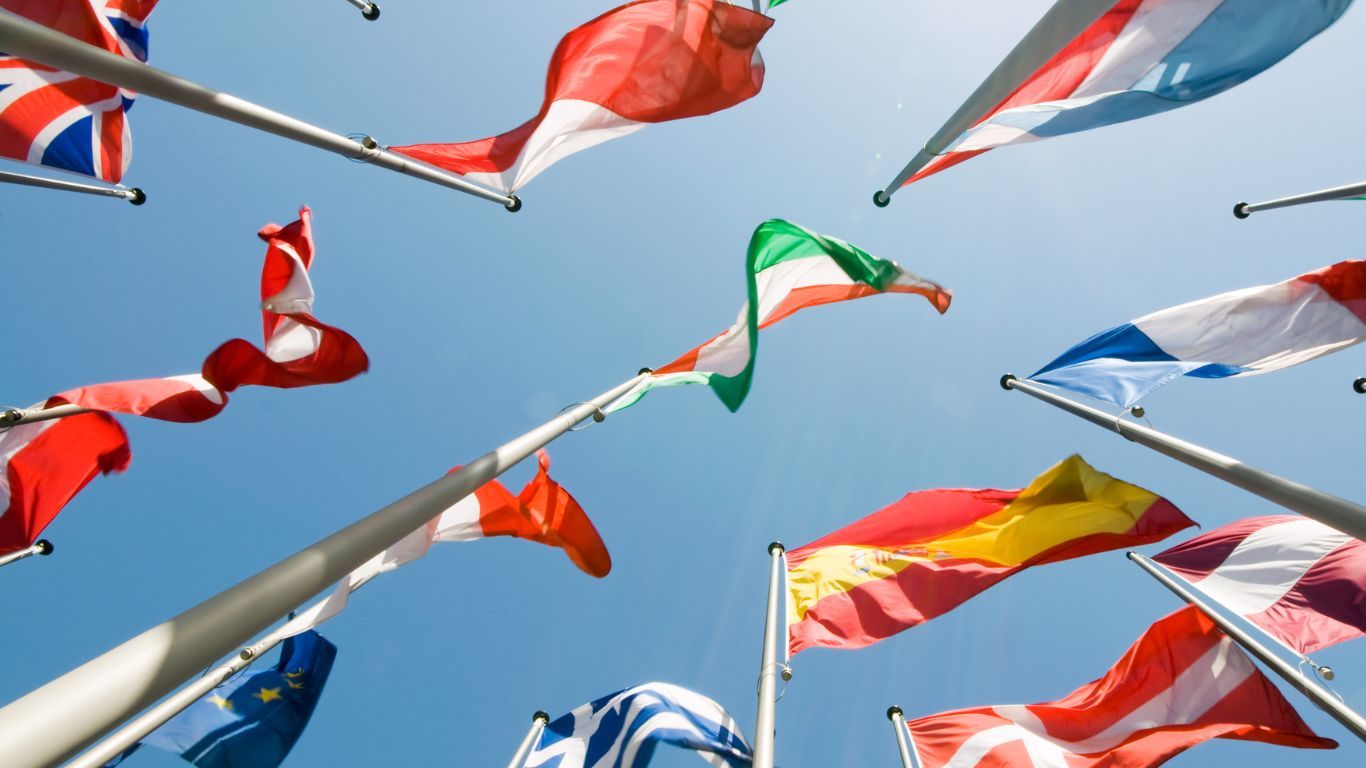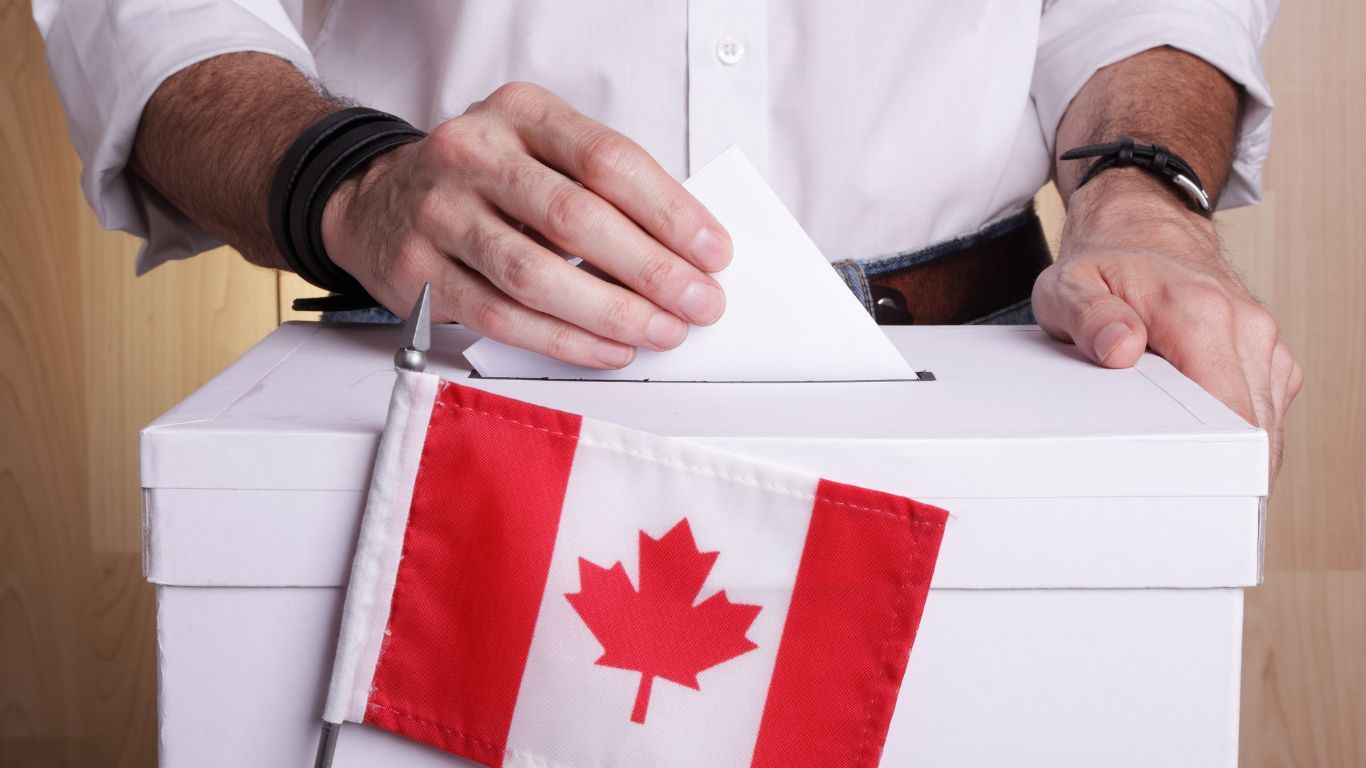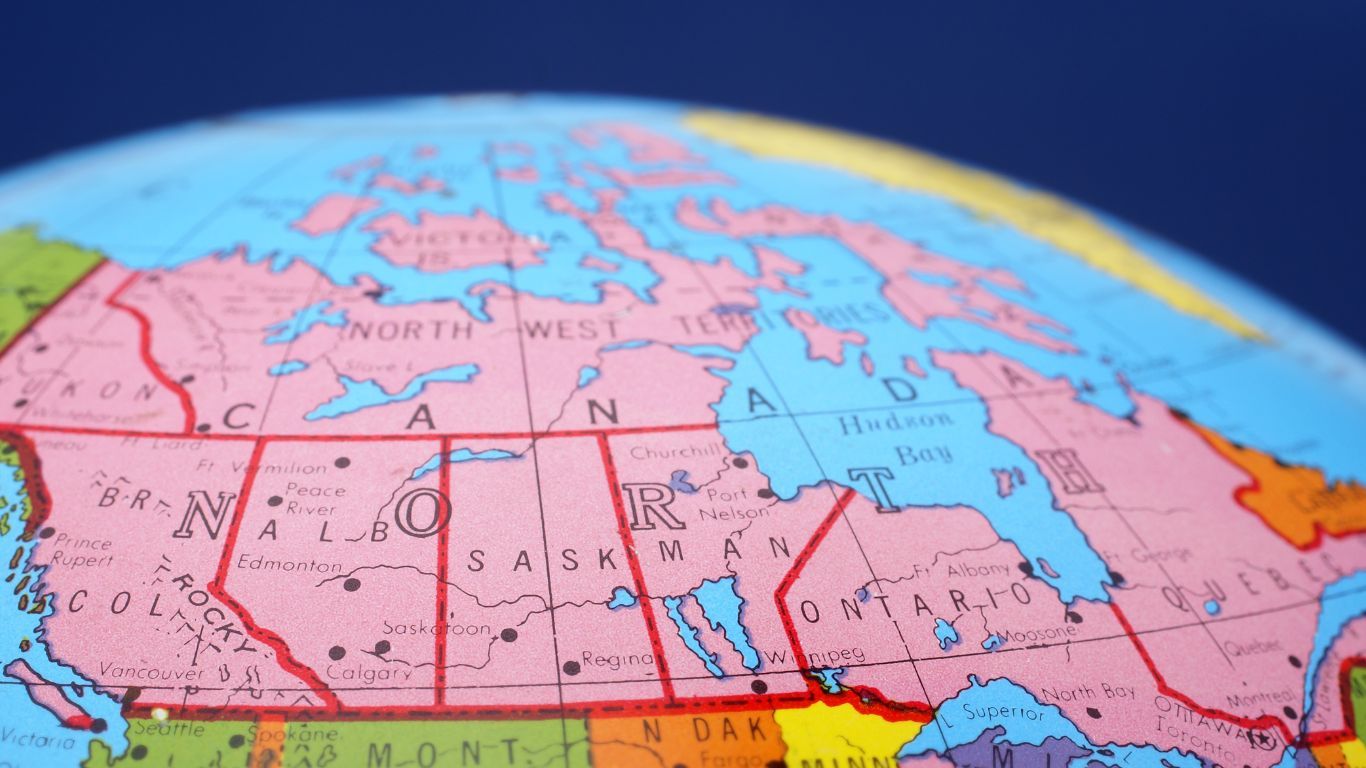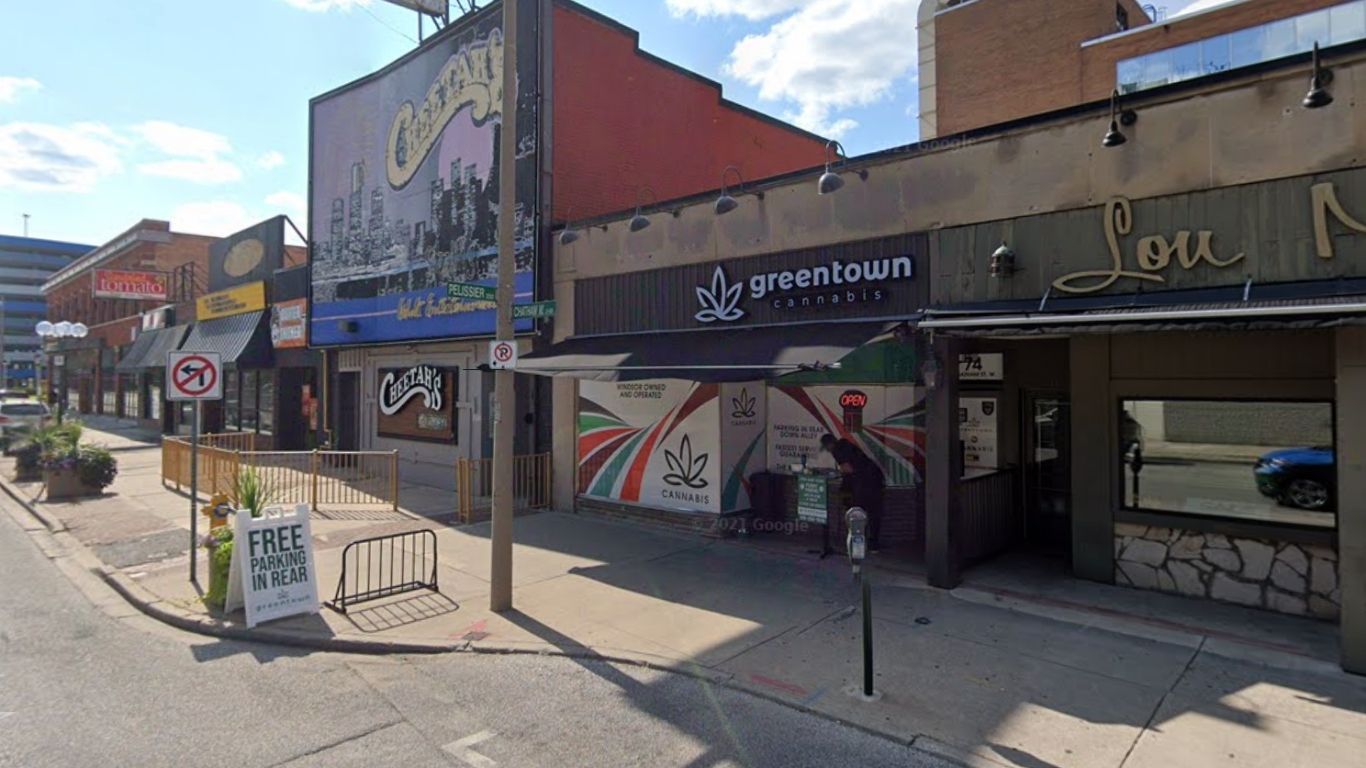
Windsor, Ontario has been known as Sin City for as long as most can remember due to a history of rum running, strip clubs, and other forms of more socially permissive entertainment in Canada than in the US. So it was no surprise that when cannabis was legalized in Canada, many entrepreneurs saw a budding opportunity.
Four and a half years into legalization, and while it took a year and a half for the first retail store to open in Windsor during COVID in 2020, today there are roughly 50 open or opening, and 20 more in nearby Essex County.
Windsor shares a border with Detroit, and with Michigan and Illinois having legal medical and recreational cannabis and Ohio with medical cannabis, there are many American cannabis consumers within a three-hour drive of Windsor.
According to a 2022 Gallup poll, sixteen percent of Americans consume cannabis, and with the 2021 populations of Illinois (12.67 million), Michigan (10.05 million), and Ohio (11.78 million), totalling roughly 35 million, there’s approximately 5.5 million cannabis users within the three states.
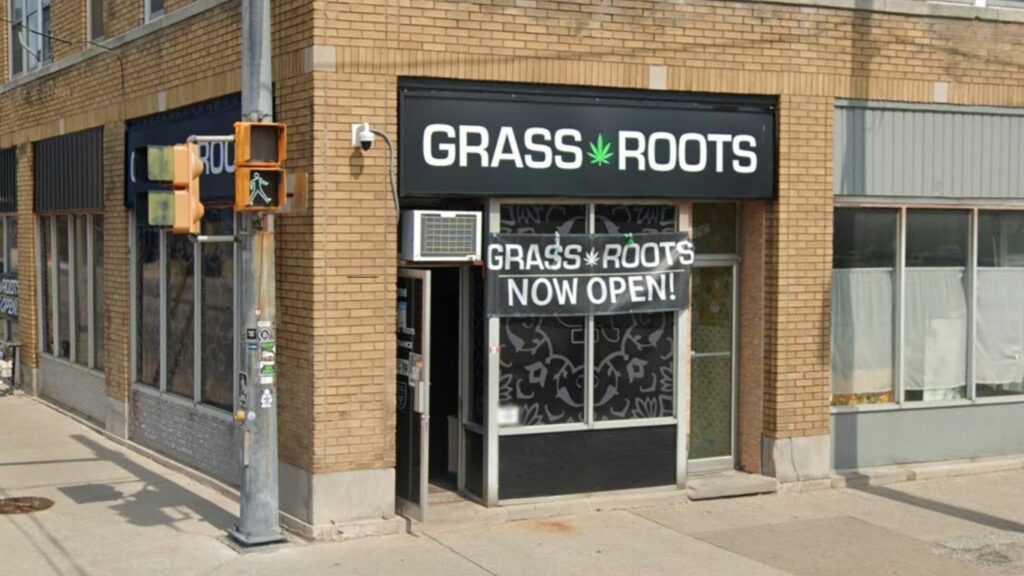
COVID Implications
When COVID hit and borders closed, all non-essential visits dropped to almost zero – a significant blow to tourism from Americans, representing a 33 percent loss of the visitor market, according to Tourism Windsor Essex Pelee Island (TWEPI).
“As one of the most free-flowing routes for trade and visitation was cut off instantaneously… [tourism] essentially disappeared…” said Gordon Orr, chief executive officer of TWEPI.
Most out-of-market visitors spend twice as much as domestic customers, meaning that businesses relying on tourism took a double hit, or as Orr said, the tourism industry was hit first and hardest but will also take the longest to recover fully.
Pre-pandemic annual border crossings were 1.7 million, and when the border partially reopened with ArriveCAN and COVID restrictions, the region’s tourist visits only increased to 0.9 million. While most restrictions are gone today, the numbers have yet to return to pre-pandemic levels.
Cannabis Retailers Opening During Covid
Greentown Cannabis opened in June 2020 in downtown Windsor as the city’s second retail cannabis outlet. When cannabis was declared essential by the provincial government, owner Rob Katzman was amazed.
“Isn’t that amazing? Blew me away. But…cannabis is essential,” he said, adding that he was “glad they did.”
“…it was one lucky thing that we stayed open…[my] other businesses were closed for…twenty-four months, but they allowed [cannabis stores] to stay open like beer stores and liquor stores,” he said. “We couldn’t let people come in the store, and we had to sell through a hole in the door, which made it more uncomfortable to do business, but we were open.”
With COVID restrictions now gone and a border fully open, Windsor cannabis retailers can eagerly cater to American clients, a welcomed change.
In 2020, Windsor Essex hotel occupancy dropped to 33% and climbed to 45% in 2021 before increasing to 51% in 2022, according to TWEPI. There are hopes that number will continue to grow this year.
Most retail business in the downtown Windsor core, where there are three cannabis retail stores, depends on tourists, specifically Americans, who, according to the local chamber of commerce, provide 25% of all revenues.
The impacts of COVID were significant on all local businesses, and this upcoming summer with no COVID restrictions is important for Windsor’s business, according to Rakesh Naidu, president and chief executive of The Windsor-Essex County Chamber of Commerce.
“…this upcoming summer will be the first opportunity for our local tourism sector to get back to pre-pandemic levels. But it’s challenging because we need Americans to know that the restrictions are gone, but we are hopeful,” he said.
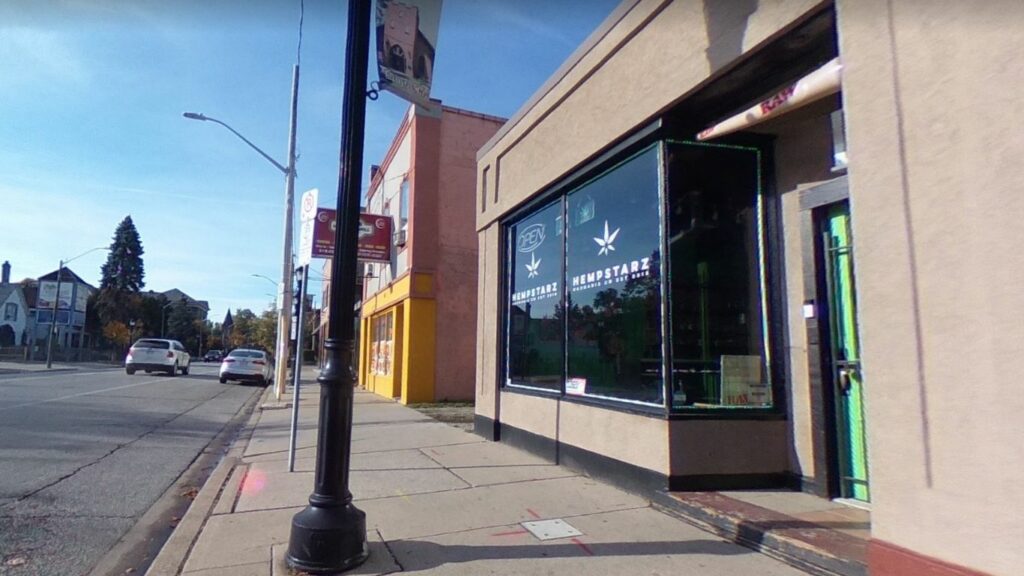
Serving Americans
While Katzman only had the opportunity to serve an American customer once COVID border restrictions were eliminated, he now sees his customer base expand as tourists return to Windsor.
“[American customers] just started when the border opened, and they dwindled in. We saw American dollars a few at a time, and every week it’s steadily growing,” he said. “With American customers, they’re discovering cannabis in Windsor, and they’re rediscovering Windsor, which is a real positive thing, thank goodness.”
According to Katzman, Caesars Windsor and other entertainment venues help drive business, and he explained that he notices more American currency in his cash registers on the weekends, which is when American tourists typically visit Windsor.
“It’s weekend stuff. I’ve taken to calling my controller…and [asking] how much U.S. currency we take in over the weekend,” he said. “We’re not seeing much during the week, but the weekend is getting stronger, and it’s encouraging.”
A benefit of operating businesses in a border city is the currency exchange rate when it is in your favour, says Katzman, because when Americans spend in U.S. currency, “it’s a little bit of a boost…we enjoy the American currency.”
Unlike Katzman’s cannabis retail businesses, Scott Hackney, owner and operator of downtown Windsor’s Grassroots Cannabis Store, is not seeing significant US traffic post-COVID yet.
“US traffic is here but not like it used to be,” said Hackney. “I feel like a lot of businesses went out of business during COVID, there’s not a lot of bars [or] activities [to draw tourists] …and the traffic’s not there yet.”
What’s the deal with all these SKUs?
When Americans do purchase in Windsor, they do so with a tourist mentality, according to Katzman, meaning smaller quantities that can be used and tossed if necessary at the end of a visit, but what really stands out is the quantity and quality of products to Americans.
“What the Americans don’t have that we have…is nine-hundred plus SKUs (stock keeping units),” he said, adding that Americans are “amazed” at the selection.
At Grassroots Cannabis Store, when Hackney serves American customers, they tend to purchase one single product: pre-rolls.
“Pre-rolls, that’s it, one pre-roll,” he said. “They’re not really coming in and buying huge amounts.”
More to be desired on both sides of the border
Eric Birkner is a resident of Windsor who purchases cannabis on both sides of the border and often buys in America if spending the day.
He’d purchase more cannabis stateside if he could bring it home, but because that’s illegal, he feels it’s only worth it to purchase if he’s “spending an extended time across the border.”
“Honestly, I find [the products] substantially better [in Michigan],” said Birkner, adding that they’re “all fantastic.”
Birker appreciates that there are more significant sales, bulk pricing, contests, and giveaways in Michigan.
“As far as what’s available, it’s everything we have here, but without the low THC caps on edibles,” he said. “I found most of the products that I tried to be comparable or better than the ones I’ve bought this side of the border.”
Richard C. Clement is a Detroit resident and cannabis consumer who has visited Windsor numerous times since the 1980s to consume then-illicit cannabis because it was safer for him to do so on the Canadian side of the border.
“I have been visiting Windsor…because it was safer to use my medicine there. While America was giving people long prison sentences for possession, Canada was always a safe haven and a wonderful place to enjoy the plant from God,” he said. “I am glad that there is different leadership in Ottawa, unlike what we had to deal with in America regarding cannabis reform.”
While Clement hasn’t had an opportunity to purchase cannabis legally in Canada because COVID prohibited him from visiting, he plans to soon and has been keeping apprised of what’s available.
Currently, the most significant barrier for Clement to visit Windsor to purchase legal cannabis is a concern that border services on either side might pull him into a secondary search which could result in an arrest.
At Grassroots Cannabis Store, Hackney hears from American customers that while vast product offerings are appreciated, the prices are significantly higher than in downtown Detroit, especially when it comes to vaporizers and disposable vaporizers.
All about that tourism
While it might not be obvious to those who don’t live in border communities, there is a strong reliance on the relationship.
“There’s no doubt that’s the relationship, and it’s of interest to us and good for the city,” said Katzman. “There’s a relationship between higher revenues and more American tourists, and I’m not embarrassed. I’m proud of Windsor because they’re coming over and getting really good products from businesses that are really organized.”
According to Katzman, Windsor has always had the opportunity to present services to Americans they can’t access across the river, whether it be drinking at 19 instead of 21, strip clubs that offer specialized entertainment, and now access to national cannabis in retail stores.
“People really get what they pay for in Canada, and it’s safe with every product inspected, whereas in a US state, you don’t really know what you could be indulging in,” said Katzman, adding that as more Americans visit the border cities to discover cannabis, it’s better not only for cannabis businesses but for the cities too.
Similarly, Hackney says a lot of downtown Windsor’s business is tied to tourism and “without that tourism, I don’t think there’s a lot of opportunities for sales to Americans.”
TWEPI’s chief Gordon Orr is “cautiously optimistic” of reports forecasting increasing tourism traffic but noted that to get to where we were pre-COVID, it will take “two to three more years of uninterrupted growth.”
But for Katzman today, he’s content with what he’s seeing in his cannabis retail stores.
“It’s just fantastic to see Americans discovering us,” he said.
Feature image via Google Maps









